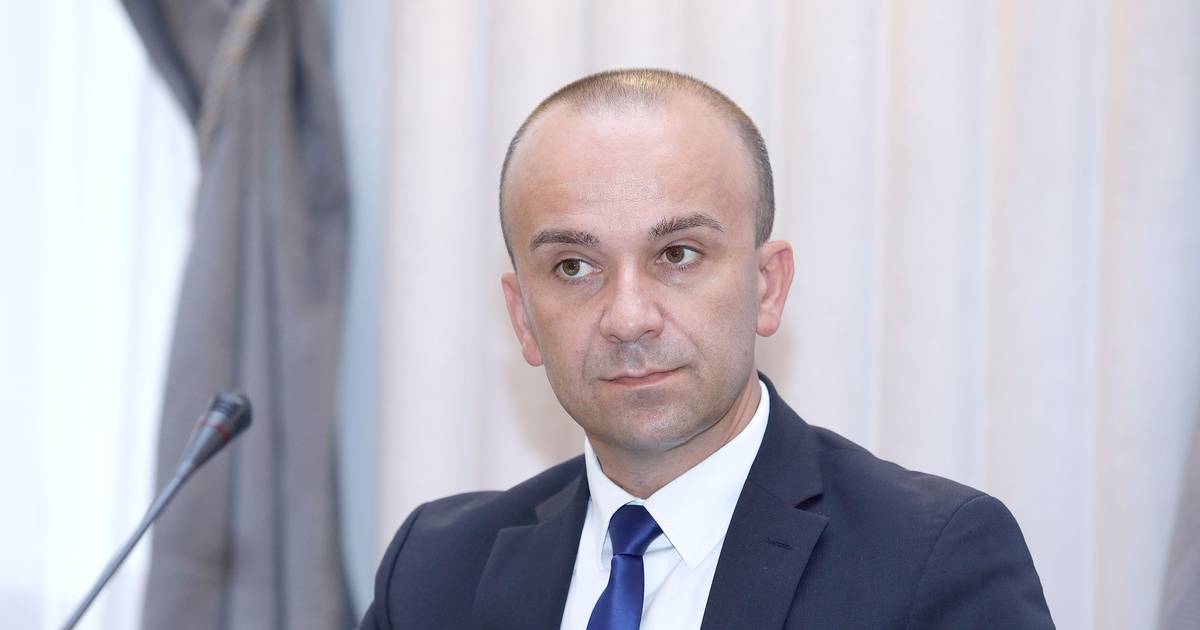President Macron’s allies faced a significant defeat in the European Parliament elections, winning only 13 seats. In response, the president decided to dissolve the National Assembly and move up the country’s elections to this month. Macron justified this decision by stating that France needs a clear majority that is unified and peaceful. This move came after initial election results favored the right, led by Marine Le Pen and Jordan Bardella.
Macron’s presidency would benefit the left and weaken the right during negotiations with various parties for the parliamentary elections in his ideal scenario. However, recent developments suggest that this may not go as planned. Left-wing parties forming the “Popular Front” announced a reformation of their alliance without Macron. The new coalition will include the Socialist Party, França Insubmissa, the Green Party, and the Communist Party.
The French Republicans proposed an unexpected alliance with the right-wing National Regroupment party of Marine Le Pen for the upcoming parliamentary elections. If RN were to win an absolute majority in these elections, Macron would be required to appoint one of its leaders potentially Bardella as prime minister. The RN currently holds 88 seats in the National Assembly and would need to increase this total to 289 for an absolute majority.
Macron has faced challenges maintaining support in the National Assembly, with just 250 allied deputies. The right’s advancement in internal elections and left’s retreat could further complicate his parliamentary support. Macron expressed interest in forming a government coalition with Republicans but conservative party resisted his attempts. There is speculation about Macron’s resignation with one advisor suggesting early elections to reaffirm his national leadership although it is unlikely



